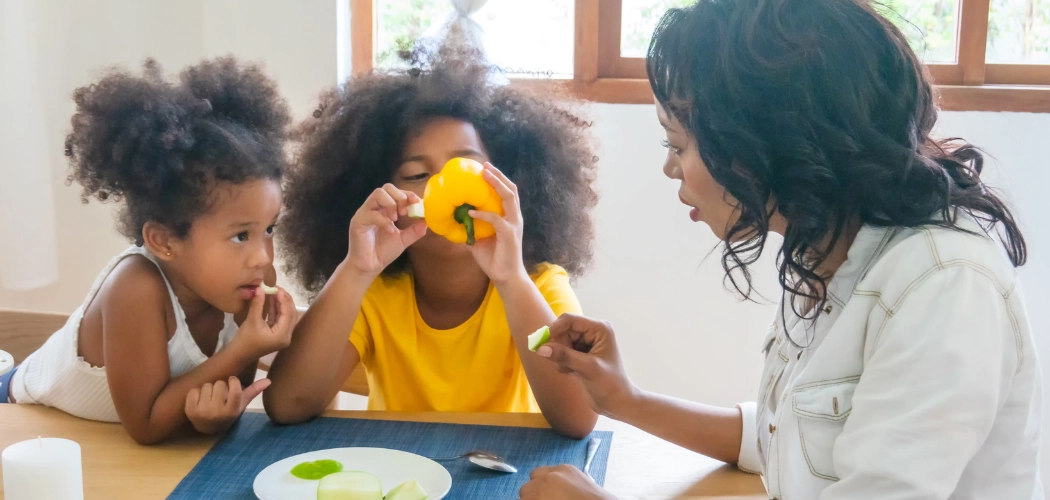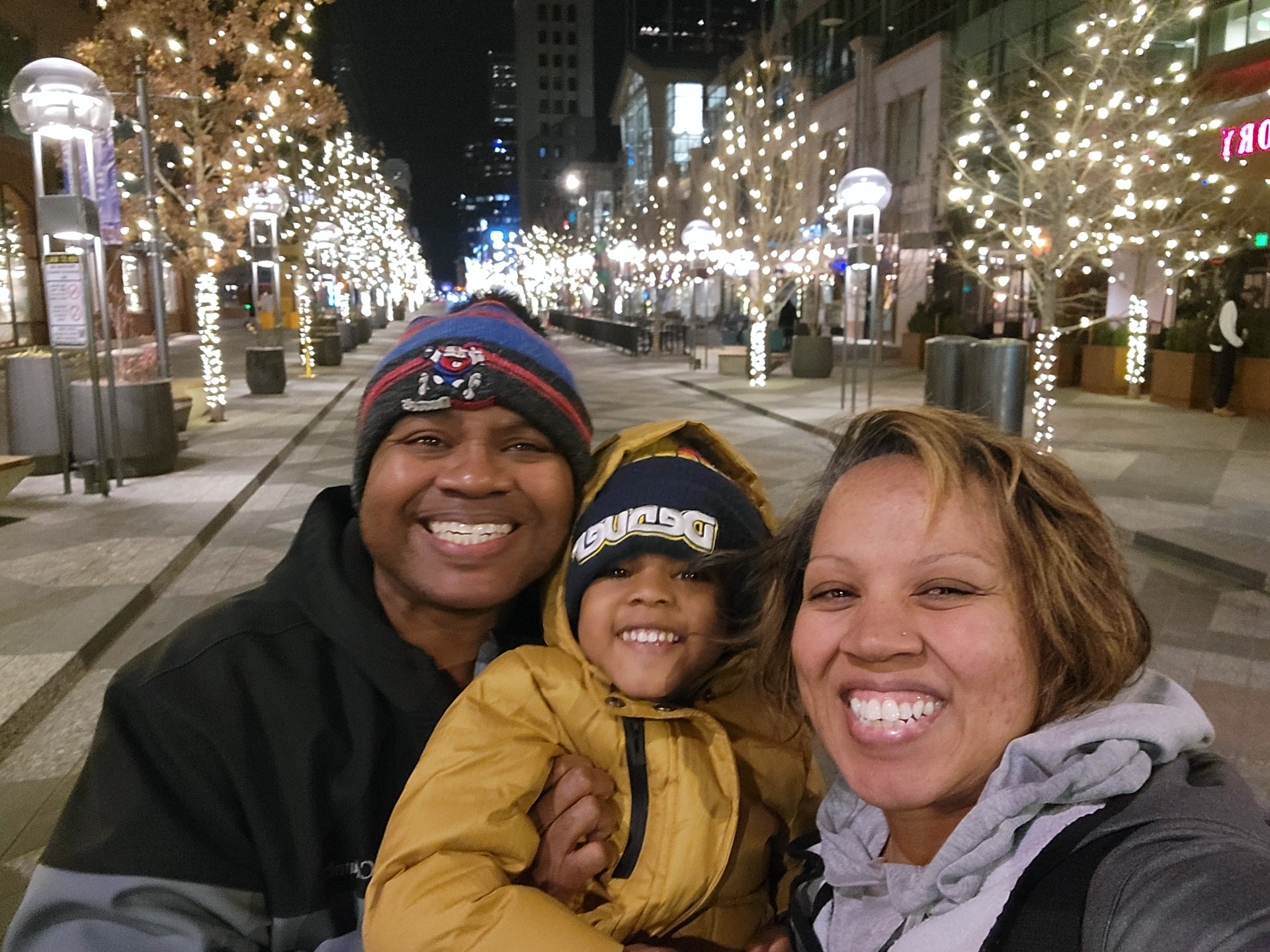I swirled purple paint around the middle of the ceramic plate, wondering how I was ever going to display this enormous dish. My husband sat across the worktable, thoughtfully brushing blue onto his mug. Painting pottery was something he had never planned to do, but was enjoying for the sake of “date night.”
As I painted, my mind wandered. I had wanted to start reading the Bible with my kids in the mornings for years, but mornings always felt chaotic. There were backpacks to pack, dishes to unload, children to feed, and my own morning prep to do. The night owl in me struggled just to get the kids out the door on time, never mind spend a few minutes reading the Bible together.
My brush hovered over the brown paint. Was this what I truly wanted? It touched down, making a streak on my plate.
Yes, yes it was.
I wanted to develop a habit of reading the Bible with my kids at breakfast time, and this platter was going to help me get there.
I brushed more confidently now, painting a stem and head of wheat. This plate would be a daily reminder to me that the Bread of Life was more important than the cereal I poured for my kids.
When I took the platter home, I placed it right in the center of my kitchen table. And on top of it, I placed a children’s Bible. We’d start with that.
Every day that Bible and the purple wheat platter reminded me to stop for a few moments and read with my kids. When I didn’t remember or didn’t prioritize, the plate prompted my boys to remind me. There was no getting around it – this plate was causing us to read the Bible regularly! I was ecstatic when I realized that we were actually spending time with God on weekday mornings.
THE SCIENCE BEHIND HABIT CHANGE
Several years later I discovered that there was actual brain science behind what I had done. In Charles Duhigg’s book called, “The Power of Habit,” he details the three parts that exist in every single habit: a cue, a routine and a reward.
The cue is the train trigger: the smell of coffee, an alarm clock, or a special song can all trigger certain responses.
The routine is something that your body automatically does in response to the cue. The routine is encoded into your brain and is not optional.
Finally, there’s a reward for going through the routine. You have a great morning, you feel accomplished, or you start to cry.
This cue-routine-reward is called a “habit loop,” and it explains a lot of the things we do on autopilot. You might pour a bowl of cereal for your child every single morning, and the one morning she’s away at Grandma’s house, you STILL pour the bowl of cereal! That’s a habit loop.
APPLYING BRAIN SCIENCE TO FAMILY FAITH
You can see each part of the habit loop in how I created our Bible-reading habit.
CUE: The big plate (and Bible) on the table.
ROUTINE: I read some scripture with my kids.
REWARD: I felt great!
If I imagine the habit loop like a dirt path in my backyard, the habit loop wasn’t created by doing this once. I had to follow the cue-routine-reward many times before that loop became recognizable to my brain as a habit. But now that it’s there, I feel weird if I don’t do it, like I’ve stepped off a well-worn path.
So how about you? Is there a habit you’d like to start? Maybe you’d like to learn to pray with your kids regularly, or do family devotions, or sing a song of blessing over your child each night. Whatever it is, God has actually created your brain to be able to do it consistently! You just need to set yourself up for success.
STARTING YOUR OWN HABIT:
Here are some questions to ask yourself if you want to start a new habit:
What will be my cue? (visual, audio, smell, a certain time)
What will be the routine? When we start something new, we have to start small. Starting with grandiose plans guarantees failure. What is the smallest routine you could possibly implement? Praying the Lord’s Prayer together each day may not be the kind of spontaneous, deep prayer you hope for, but it’s better than no prayer. Start small.
What will be the reward? You need a goal that can be reached every single time you do the routine, like feeling great or checking off a box.
Finally, the part that will help you stay on track the best is to tell someone. The need for community is why Alcoholics Anonymous and Weight Watchers insist on meetings in order to create lasting habit change. Tell a friend, tell your spouse, tell your kids or tell your mom.
Christie Thomas is a homeschooling mom of 3. She runs an online membership site for Christian moms and creates picture books: Quinn’s Promise Rock and Quinn Says Goodbye. You can find her at christiethomaswriter.com, or on social media at facebook.com/ChristieThomasAuthor or instagram.com/christie.thomas.writer.





